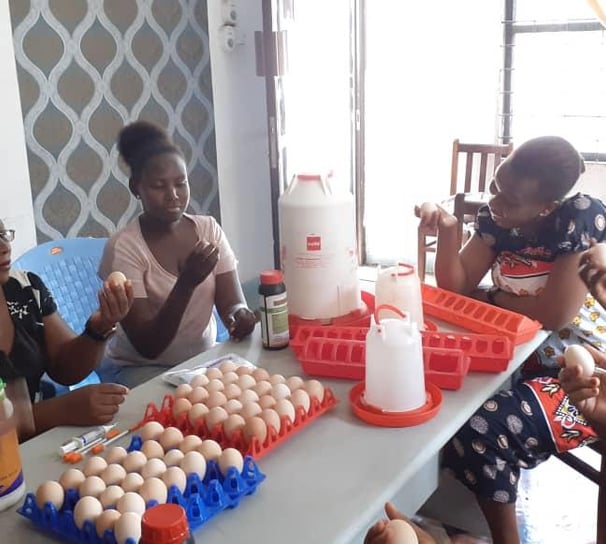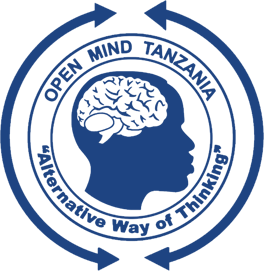ALTERNATIVE WAY OF THINKING
Conducting Empowerment on Diversifying Income Generating Activities and Promoting Resilient Livelihood Initiatives for 18 Communities Surrounding Muyowosi-Kigosi-Igombe (MKI)
The Nature Conservancy (TNC) and Open Mind Tanzania (OMT) are implementing an a project in 18 villages in Kigoma and Tabora that Integrating livelihoods and income-generating capacity building into communities surrounding key biodiversityprotected areas is a critical strategy for achieving both socio-economic stability and ecological sustainability. These initiatives provide communities with alternative, sustainable income streams while fostering collective responsibility for conservation. The Muyowosi-Kigosi-Igombe (MKI) Protected Areas in Western Tanzania, home to over 100,000 people and rich in biodiversity, are vital ecosystems facing significant challenges such as poverty, environmental degradation, and climate variability. These pressures threaten both the ecological integrity of the MKI landscape and the well-being of the communities that depend on it.
This project aims to empower communities surrounding the MKI Protected Areas by diversifying incomegenerating activities (IGAs) and promoting resilient livelihood strategies. The integration of nature-based enterprises—such as fish farming, organic mushroom cultivation, eco-tourism, and agroforestry—provides not only sustainable alternatives to harmful resource extraction but also long-term economic stability. Additionally, the introduction of improved climate-resilient crops as income revenue streams offers communities a rewarding economic opportunity, showcasing how these crops, when cultivated effectively, can yield significant financial returns.
To ensure the sustainability of these efforts, the initiative also emphasizes the revitalization of old, inactive cooperatives, the formation of new community enterprise groups, and the establishment of microfinance systems.
These structures serve as anchors for the emerging IGAs, supporting collective efforts and providing financial access that empowers communities to adopt sustainable practices. By building the capacity of communities to implement these livelihood strategies, this project seeks to reduce reliance on unsustainable resource-use practices, enhance climate resilience, and align economic activities with conservation goals. The approach not only addresses immediate socio-economic challenges but also strengthens the long-term ability of communities to coexist harmoniously with their environment.
The main outcomes focused on;
Reducing Environmental Degradation
Building Economic Resilience through Diversification
Strengthening Community Structures and Governance
Promoting Climate Resilience
Enhancing Social Inclusion
Aligning Economic Activities with Conservation Goals

.jpg)
Empowerment
Advocating for youth development and empowerment initiatives.
Engagement
Growth
+255 71 366 9044
© 2025 Open Mind Tanzania (OMT). All rights reserved.
